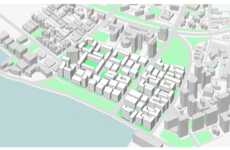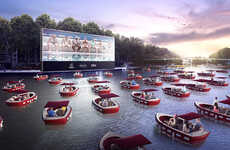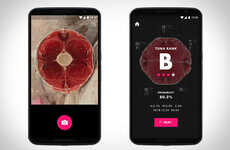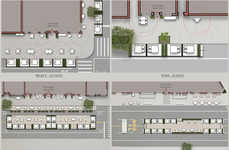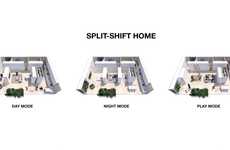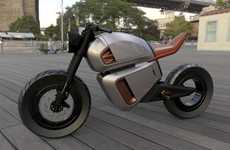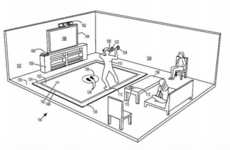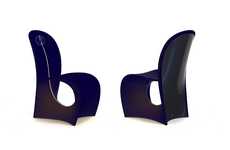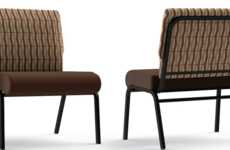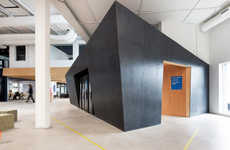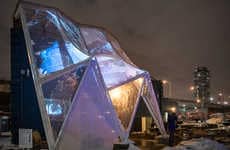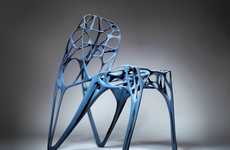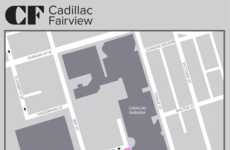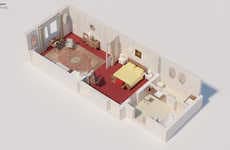
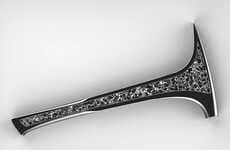
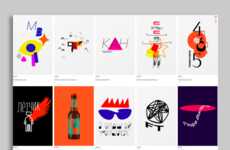
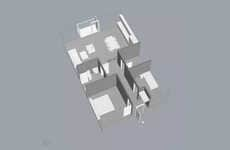
Brands in various industries are relying on generative design for concepts
Trend - Generative design is an artificial intelligence program that creates a nearly infinite number of conceptual concepts based on certain data restrictions. While generative design has been used as a novel approach in the past, today, the manufacturing method is gaining more traction in all industries, with brands ranging from architectural to tool manufacturing leveraging the technology.
Insight - Artificial intelligence is no longer seen as a "future" technology, but one that can be capitalized on in the present. Brands are turning to these systems to create concepts that are detached from traditional human biases, ultimately resulting in ideas that are more cost-effective and fruitful. As digitalization becomes the standard rather than the exception, brands will continue to merge human capacity with artificial intelligence to go beyond traditional designs for revolutionary concepts.
Insight - Artificial intelligence is no longer seen as a "future" technology, but one that can be capitalized on in the present. Brands are turning to these systems to create concepts that are detached from traditional human biases, ultimately resulting in ideas that are more cost-effective and fruitful. As digitalization becomes the standard rather than the exception, brands will continue to merge human capacity with artificial intelligence to go beyond traditional designs for revolutionary concepts.
Workshop Question - How can your brand leverage artificial intelligence to think outside the box?
Trend Themes
1. Artificial Intelligence and Generative Design - Generative design is being used as an AI program to produce novel approaches to manufacturing in all industries.
2. Customized Tools and Hardware Based on Nature - Designers and engineers are leveraging modern technology and natural elements to create customized, high-quality tools and hardware.
3. Parametric Design Tools - Integrated parametric design tools are being developed and used by architects to optimize architectural structures.
Industry Implications
1. Manufacturing - Manufacturing companies can leverage generative design to produce cost-effective designs that are detached from human biases.
2. Hardware and Tools - Hardware and tool manufacturers can utilize modern technology coupled with natural elements to create customized products without compromising durability or strength.
3. Architecture and Construction - Architects and construction companies can benefit from integrated parametric design tools that reduce repetitive tasks and increase productivity.
6 Featured, 51 Examples:
166,537 Total Clicks
Date Range:
Apr 19 — Jul 20
Trending:
Average
Consumer Insight Topics:

